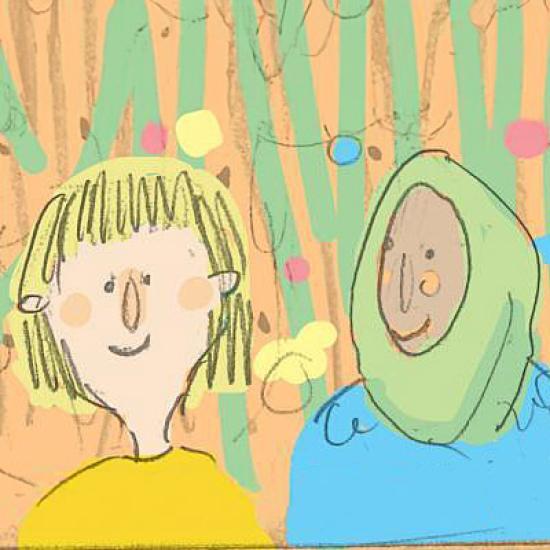Iriss is working with Future Pathways, a Scottish Government funded initiative, with a duty of care to people abused or neglected as children while living in care in Scotland. The Scottish Recovery Network is also a partner in this project.
Our shared ambition
Our shared ambition is to support care survivors to lead full, healthy and independent lives, that works with and alongside them. This is also consistent with the position that individuals can ‘improve their own lives and achieve their personal goals’ and have an important part to play singly and collectively in their own and others’ recovery. That people ‘recover’ is a contested concept, but certainly we can agree that focus should be on leading our best lives possible and that this should be person-centred and people-powered.
Over the years Future Pathways has moved away from providing a single type offer to buy, co-ordinate and combine different services that are tailored to an individual's needs. It works collaboratively with others across sectors and services, operating an Alliance model with Health in Mind, Penumbra, and NHS Greater Glasgow and Clyde.
The next step in its development is to develop peer support — a gap that care survivors themselves have identified. It is also our shared hope that the project will help build Future Pathways capacity as a team to embed co-design processes.
Co-designing peer support
We have put together a co-design team, combining the assets of experts by experience, Future Pathways and the Scottish Recovery Network (SRN) staff. The SRN promotes and supports mentql health recovery that embraces peer support and Future Pathways, amongst other things, provides commitment to help realise peer support.
Iriss’s role in this work is to lead and facilitate the co-design process – to design the right (rather than the wrong) thing; to create a space that supports collaboration and participation, taking a trauma-informed approach.
“Being trauma informed means being able to recognise when someone is affected by trauma, adjusting how we work to take this into account and responding in a way that supports recovery, does no harm and recognises and supports people's resilience.”
The five key principles of a trauma-informed approach provides a framework for this — and will support participation and ensure that the voices of carer survivors are listened to:
- Safety
- Trust
- Choice
- Collaboration
- Empowerment
From design to implementation
As part of this co-design project we will explore and define options, which Future Pathways will then take forward and help happen beyond the timeframe of the project. They will also evaluate the impact of this work, and share this with the project team and beyond.
Learning for all
We believe that there will be learning to share — informing how services and systems might be shaped, and how to work in trauma-informed and inclusive ways to ensure lived experience can help drive change.
We also think this work is important in challenging us to think differently about ‘care’ - and consider where, when and by whom it is delivered? To ask how peer support and formal services relate and intersect in making a difference to people’s lives. And what approaches like these have to do with day-to-day dignity and principles of fairness, respect, equality, and autonomy?


